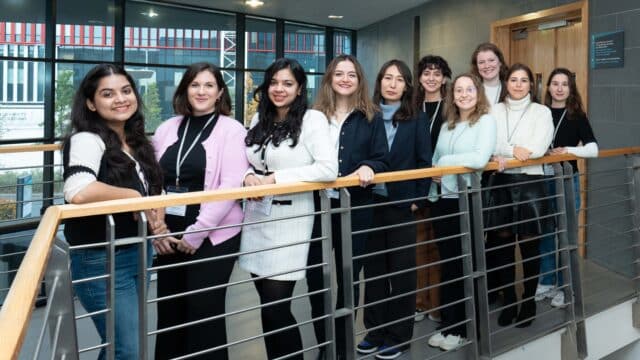The International Journal of Bullying Prevention has a special issue published in memory of Prof. Dan Olweus.

Dan Olweus, a founder of research on bullying, died September 29th, 2020, at his home in Bærum, Norway, at the age of 89. He was born April 18th, 1931, in Nässjö, Sweden, and trained in psychology at the University of Stockholm. Olweus obtained his PhD in 1969, studying aggressive behavior among young boys. He moved to Norway and the University of Bergen in 1970, as a Professor of Psychology (until 1995) and Research Professor (1996 to 2010). He worked at the Regional Centre for Child and Youth Mental Health and Child Welfare from 2010 until 2016. Olweus was affiliated with the Department for Health Promotion and Development at the University of Bergen from 2019 until his death.
In 1970, Olweus conducted what is widely considered as the first scientific study on bullying, with 900 boys in Solna, Sweden. The findings were published in his book, ‘Aggression in Schools: Bullies and Whipping Boys (1978)’. In 1982, three adolescents died by suicide in Norway after having been severely bullied and these events, together with Olweus’ research, led to the First National Campaign against Bullying in Norway. As part of this effort, Olweus developed an assessment instrument (the Olweus Bullying Questionnaire), and the Olweus Bullying Prevention Program (OBPP).
Olweus was among the first to recognize bullying as a violation of human rights. In 1994, he noted that “it is a fundamental…right for a child to feel safe in school and to be spared the oppression and repeated, intentional humiliation implied in bullying. No student should be afraid of going to school for fear of being harassed or degraded, and no parent should need to worry about such things happening to his or her child!” (Olweus, 1994, p. 1183).
Olweus was involved in other areas of bullying research, which included important research on the definition and measurement, outcomes of bullying and cyberbullying. He was actively conducting research and publishing until his death. Further, Olweus received numerous honors and awards for his work, such as the ‘Outstanding aggression research’ award by the International Society for Research on Aggression (ISRA) in 1976, the ‘Spirit of Crazy Horse’ award by the US Reclaiming Youth International organisation in 2000, the ‘Nordic Public
Health Prize’ by the Nordic Minister Council in 2002 and the Queen Sofia of Spain Medal in 2005. His pioneering research, writings, and prevention program have changed the lives of schoolchildren around the world and inspired the work of countless researchers and professionals. Less known was his talent as a jazz musician. He was active as a jazz pianist in several groups and in 2005 released the CD “Dan Olweus and Friends Play Jazz Standards.”
Olweus was survived by his wife (who subsequently died in March 2021), two daughters, and several beloved grandchildren. He also is mourned by a global family of researchers, collaborators, Olweus Bullying Prevention Program trainers, and educators in schools who will carry on his important work.
